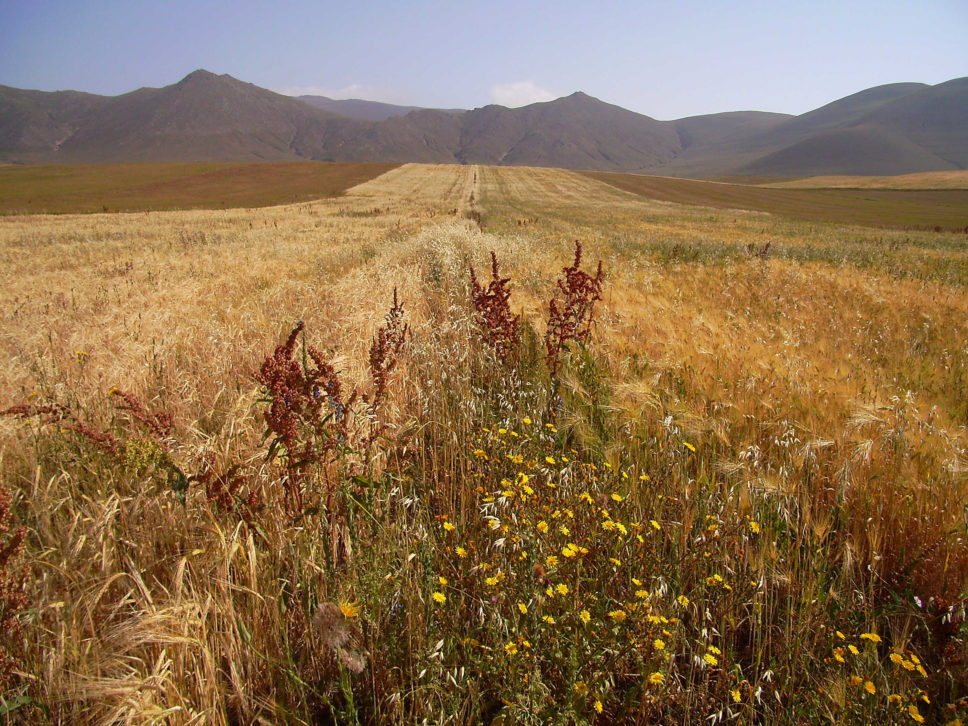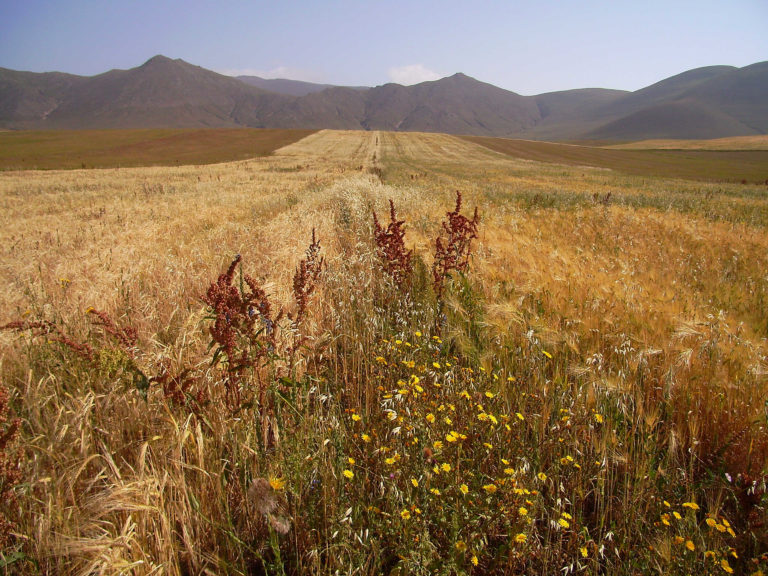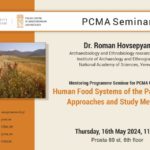The Polish Centre of Mediterranean Archaeology of the University of Warsaw will host Dr. Roman Hovsepyan, an archaeobotanist and ethnobotanist from the Armenian Academy of Sciences. His visit in Poland is part of the Excellence Initiative-Research University “Mentoring Programme”, at the invitation of Dr. Mariusz Iskra.
Dr. Roman Hovsepyan is an archaeobotanist and ethnobotanist from Armenia. Currently, he is the head of the Archaeobiology and Ethnobiology research group at the Institute of Archaeology and Ethnography, National Academy of Sciences, in Yerevan. Dr. Hovsepyan’s main research interests are economies and environments of the South Caucasus, Near East and South-Eastern Europe in the past and the use of wild plants by Armenians, Yezidis, Kurds and Molokans (Caucasian Russians).
During his stay, Dr. Hovsepyan will conduct a seminar for PCMA UW researchers, consult samples of archaeobotanical materials, and give an open lecture at the University of Warsaw.
- Seminar for PCMA UW staff: „Human Food Systems of the Past Times: Approaches and Study Methods”
The seminar will be held at the headquarters of the PCMA UW on Thursday (16.05) at 11:00 a.m.
Abstract: “The term “food systems” refers to all the elements and activities related to producing and consuming food, and their effects, including economic, health, and environmental outcomes. A food system includes all processes and infrastructure involved in feeding a population: growing, harvesting, processing, packaging, transporting, marketing, consumption, distribution, and disposal of food and food-related items. The food system is not just a part of our lifestyle and economy but it is also a part of our culture and identity. Of course, it is applicable also to past societies and communities.
During this workshop, we will talk about the approaches and methods that may help us better understand the functionality of prehistoric societies and the chain of food production and consumption. This workshop may serve as a base to re-evaluate the importance of “small finds” in archaeology and what we should look for while excavating. We will talk about various divisions of archaeobiology but will stop in more detail on the subdivisions of archaeobotany and their methods.”
- Open lecture: “Overview of agriculture and food consumption in the South Caucasus during prehistory (Neolithic–Iron Age periods, 7th–1st millennia BC)”
The lecture will be held at the Old Library Building, University of Warsaw, room 105 at 11.00 a.m.
Abstract: “Agriculture has had its ups and downs in the prehistory of the South Caucasus. In the beginning, upon its establishment in the 6th millennium B.C., the Late Neolithic period, it was diverse involving the cultivation of various cereals, pulses, and oil plants. The situation started to change in the Chalcolithic period and, starting from the Early Bronze Age period (the Kura-Araxes culture), agriculture depending almost exclusively on cereal cultivation was practiced in the South Caucasus. This “cerealized” agriculture continued for more than two and a half millennia (from the Early Bronze Age to the Early Iron Age). Then, in the Middle Iron Age, agriculture again became diverse in the South Caucasus.
Global environmental changes at the beginning of the Early Bronze Age may have contributed to transforming the agriculture of the South Caucasus into the cultivation of a few hardy cereals. However, it seems more likely that anthropogenic factors played a decisive role, because pulses and oil-plants could have been grown along with cereals in the same conditions in foothills and plains, but they were not.”
The objective of Action I.1.1/IV.1.1 “Mentoring Programme” is to provide opportunities for researchers from the University of Warsaw to join teams who are implementing ground-breaking projects by enabling the formation of an international network of contacts with scientists from universities from other countries, including outstanding researchers of worldwide renown.




